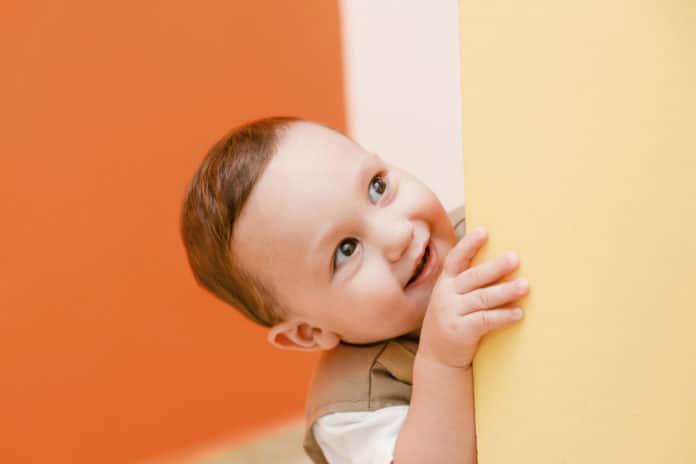Concerns regarding delayed childbearing are understandable, as a large number of research reports highlight that increased maternal age at childbirth is associated with several adverse consequences. Several, not mutually exclusive, mechanisms have been proposed to explain the increased physical and mental health risks in offspring of older parents.
In a new study, scientists investigated parental age effects on offspring externalizing and internalizing problems around age 10–13 years. They found that children of older parents tend to have fewer externalizing behavior problems than children of younger parents. The researchers also found that parents’ age was unrelated to children’s internalizing behaviors.
Scientists analyzed the problem behavior of 32,892 Dutch children when they were 10 to 12 years of age. Problem behavior was appraised by dads, moms, teachers and the children themselves through a series of standardized instruments.
The children, every one of whom was born after 1980, were a piece of four studies- Generation R, the Netherlands Twin Register, the Research on Adolescent Development and Relationships-Young Cohort (RADAR-Y), and the Tracking Adolescents’ Individual Lives Survey. The children represented to the whole Dutch geographic area over all strata of society and scope of socioeconomic statuses.
In the Generation R study, moms’ age at child’s birth ranged from 16 to 46 and fathers’ age at child’s birth ranged from 17 to 68. In the Netherlands Twin Register, moms’ age at child’s birth ranged from 17 to 47 and fathers’ from 18 to 63. In the RADAR-Y study, mother’s age at child’s birth ranged from 17 to 48 and father’s from 20 to 52. Also, in the Tracking Adolescents’ Individual Lives Survey, moms’ age at child’s birth ranged from 16 to 44 and dads’ from 18 to 52.
The investigation found that the offspring of older parents had less externalizing behavior problems. The findings of less externalizing behavior problems continued – as reported by parents and teachers- even after thinking about the families’ socioeconomic status, so the specialists reasoned that the positive impact of parent’s age on kids’ behavior was not solely due to their income level. The study also found that parents’ age appeared unrelated to children’s internalizing behavior problems.
Scientists noted, “We only focused on children’s externalizing and internalizing behavior problems, so the findings cannot be generalized to other behaviors–though we are extending the research to cognition and attention problems. In addition, we assessed children’s behavior problems during early adolescence;”
Dorret Boomsma, professor of biological psychology and behavior genetics at Vrije Universiteit Amsterdam, who co-authored the study said, “It’s possible that some of the reason why older parents have children with fewer problems like aggression is that older parents have more resources and higher levels of education. But it is important to note that the higher average educational level of older parents does not completely explain the decreased levels of externalizing problems in their children.”
The study was done by researchers at Utrecht University, Vrije Universiteit Amsterdam, Erasmus Medical Center, and University Medical Center Groningen. It appears in Child Development, a journal of the Society for Research in Child Development.
